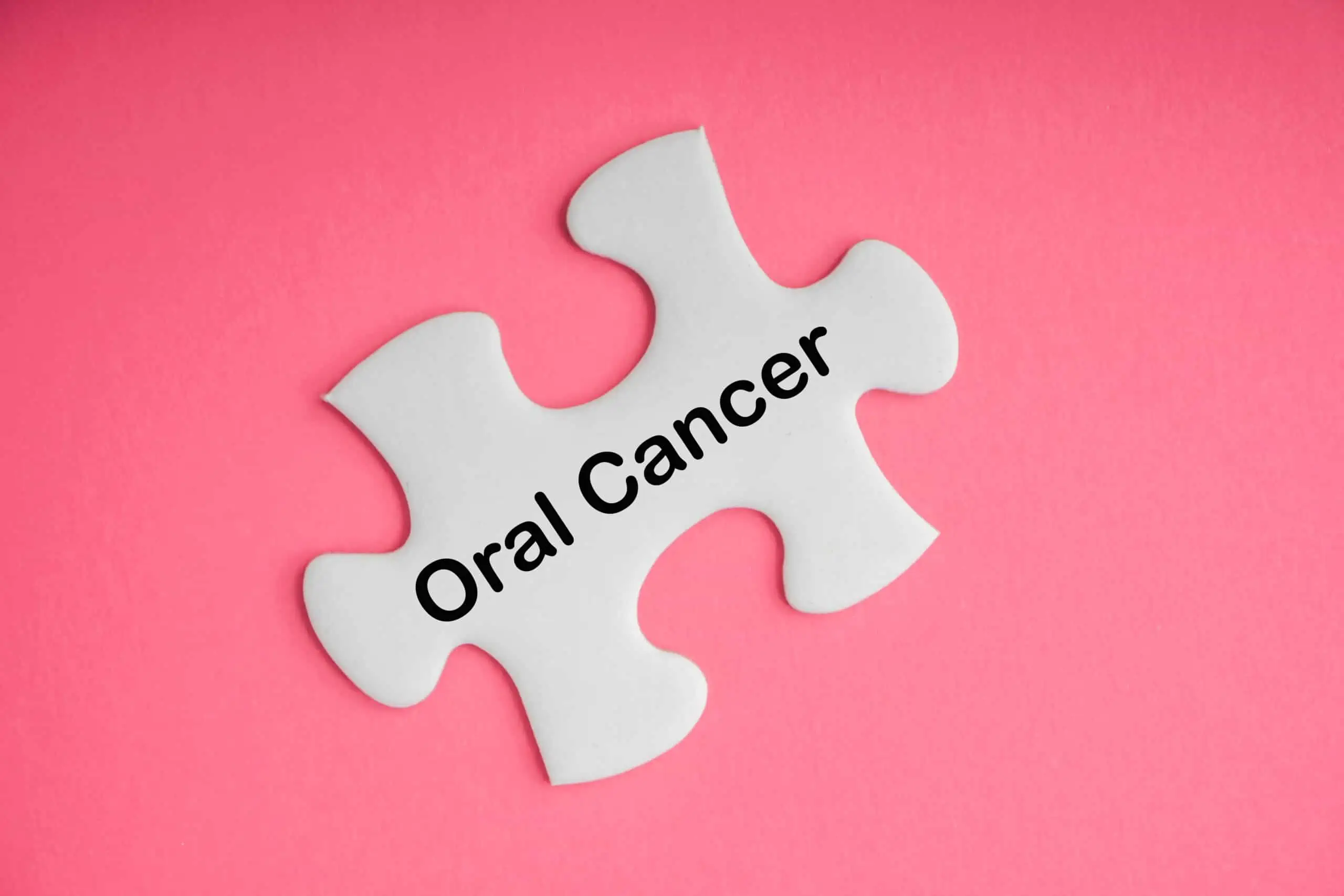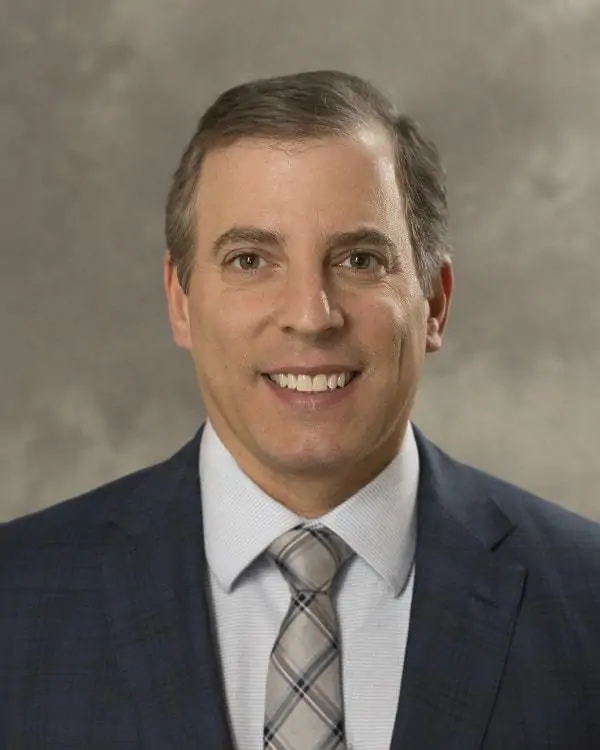Cancer can develop in any part of the body, including in the mouth. Oral cancer, also commonly referred to as mouth cancer, is incredibly common and can affect the mouth, tongue, tonsils, and throat. In fact, more than 50,000 people will be diagnosed with some type of oral cancer every year. The good news is that oral cancer doesn’t have to be deadly. If oral cancer is diagnosed by your dentist in Lyndhurst early enough, treatment can often be successful
Oral Cancer Signs & Symptoms
The hard part about diagnosing oral cancer often comes from the fact that some of the early signs of oral cancer can easily be confused with other oral health conditions. However, it’s always better to be safe than sorry, so if any of the signs and symptoms below don’t go away within 2-3 weeks, we recommend scheduling an appointment with your dentist in Lyndhurst as soon as you can.
- Chronic cough
- Changes in voice
- Difficulty swallowing
- An earache on one side
- A hard lump in the soft tissues
- Swollen tonsil on one side without pain
- A painless lump on the outside of the neck
- Any sore that doesn’t heal itself within 2-weeks
- Discoloration in the mouth including a red, white, or black appearance
Check Your Mouth
While regular checkups with your dentist are certainly important, there are things you can do at home to proactively check for early signs of oral cancer or other symptoms of tooth trouble. Keep an eye out for any new tooth sensitivity, bleeding, or sores in the mouth. Additionally, check in with the Check Your Mouth initiative to help you identify potential abnormalities in the mouth.
Oral Cancer Risk Factors
Even though oral cancer can happen to anyone at any time, there are some things you can do to lower your risk of developing this serious and sometimes deadly disease. Keep in mind that some factors are genetic, but others can be controlled.
- Reduce Alcohol intake – Nearly 70% of people diagnosed with oral cancer are heavy drinkers
- Avoid Tobacco – 80% of those who get oral cancer either currently use tobacco or did at one time
- People 50 or older — Oral cancer tends to be most prominent in people over the age of 50
- Men — Men are more likely to develop oral cancer than women, but that doesn’t mean women are excluded from oral cancer
Oral cancer is a tricky thing, and the best way to protect yourself against it is to see your dentist in Lyndhurst twice a year. Like many oral health problems, oral cancer is best and most successfully treated when it’s caught early.


